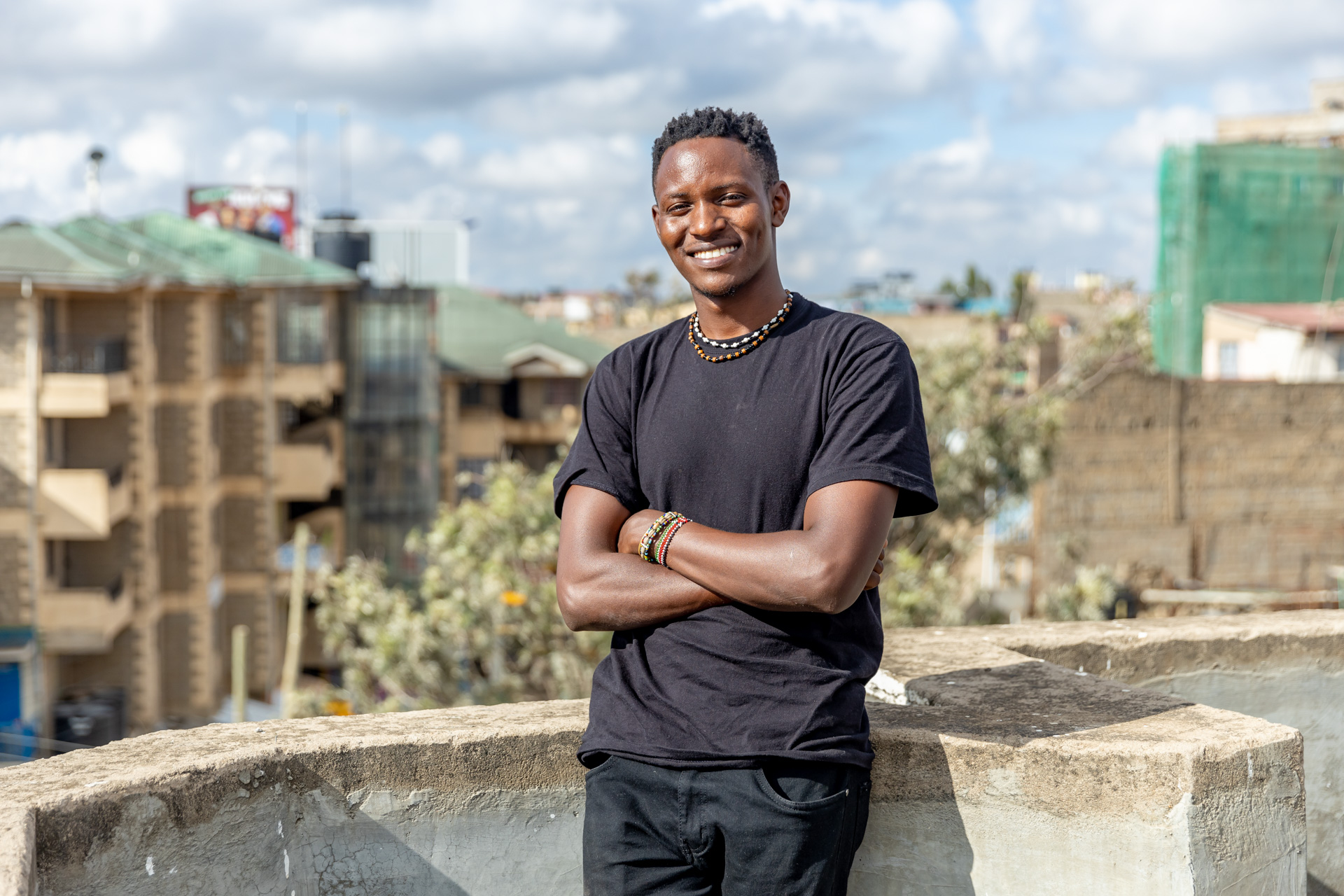advertisement
Kenyan Entrepreneur Named Finalist For The Young Inventors Prize

Seeking to protect his community’s livestock without harming the endangered lions, Kenyan inventor Richard Turere developed a system to ward off lio0ns and other predators from livestock using light sequences.
The lion population in Africa is estimated to have declined by 43% in the past 20 years, with roughly 20,000 lions thought to be roaming the entire continent, according to the World Wide Fund for Nature (WWF). Many lions are killed to stop them eating precious livestock, which is a key concern for the Maasai of Kenya, the community that Turere hails from.
Following this invention, Turere has been named as one of three finalists for the second edition of the Young Inventors Prize, which the European Patent Office (EPO) established to inspire the next generation of inventors. The prize recognises young innovators aged 30 or under who have developed technological solutions to tackle global problems and help reach the United Nations’ Sustainable Development Goals (SDGs).
advertisement
Many prey animals of the Nairobi National Park, near where Turere grew up, seek shelter in communal lands to escape the threat of predators. However, this only resulted in lions being led to these human-inhabited areas, where they took the opportunity to hunt the more docile livestock. The cattle are often an essential source of food and income for the local communities. To counteract this risk, lions were often killed, significantly impacting the lion population, the area’s biodiversity and tourism.
As word of his technology spread, other community members began requesting the system for their properties, and now over 2 000 homes in Kenya use Lion Lights. Since Lion Lights were installed, no lions have been killed in the area and a recent animal census at Nairobi National Park has seen an increase of 15% in their lion population.
“Our motto at Lion Lights is that there is no existence without co-existence. For us to be able to live in this world harmoniously, we’ll have to find a way of living peacefully with each other, humans and wildlife,” Turere explains.
advertisement
The system typically runs on solar energy but can also be coupled with wind power when the weather is cloudy or there is little sun. It has attracted international attention and has been implemented in several other countries, including Tanzania, Botswana, Namibia, Argentina, and India, where it has helped deter various species of animals, such as hyenas, leopards and cheetahs.
The Maasai inventor believes that others can learn from his journey.
“I want this story to inspire the young kids that they too can do something. If I did it coming from this community with no education, and no resources whatsoever, then anyone can make it. Anyone can change this world” he says.